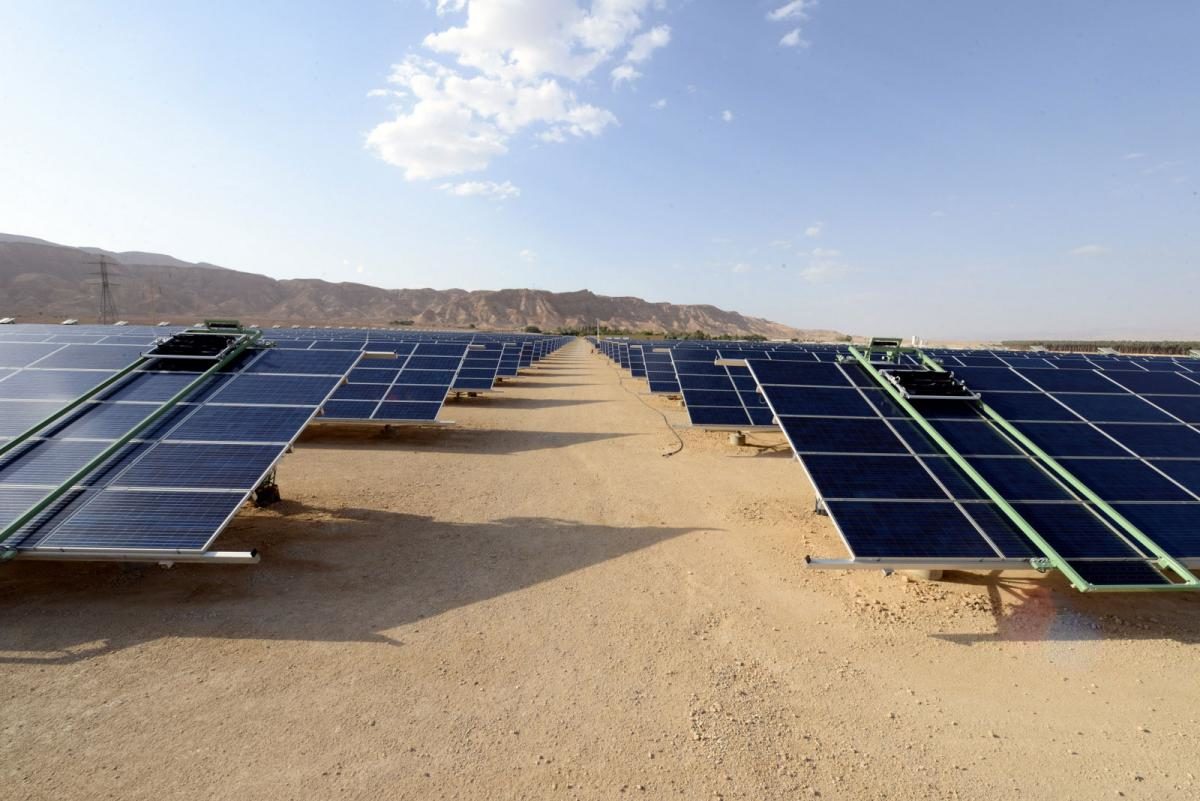Almost two years since the landmark COP21 Paris Agreement was reached, the fanfare that has greeted the commencement this week of the COP23 talks in Bonn, Germany, was always going to be muted in comparison.
Nevertheless, the UN’s chief official on climate, Patricia Espinosa, has stressed that the following two weeks’ worth of climate talks should see nations create an ‘operating manual’ designed to usher in the implementation of the climate goals agreed in Paris.
At the opening ceremony of the event, Espinosa said that the talks need to be “a launchpad for the next level of ambition on climate change action”, adding that the pledges to cut global emissions made so far fall short of even the modest goals set in Paris two years ago.
So far, 169 of the 197 countries that signed up to the Paris Agreement have ratified the pledge, but with U.S. President Donald Trump a vocal opponent of it – and promising to walk the country away from the deal shortly – there are fears that the momentum could be derailed if no new impetus is agreed upon in Bonn.
While Espinosa did not specifically call for a full timetable under which countries would be required to make new and binding carbon reduction commitments, the UN chief did stress that discussions on climate finance would be front and center in Bonn, particularly in relation to aiding poorer countries cut their emissions.
“There is a very clear tendency going in the direction of green financing,” Espinosa said.
A chief criticism of the Paris Agreement was that, beyond the positive, relief-driven headlines of consensus, attention to detail was lacking. Few governments outlined specifically how they would implement their carbon reduction efforts, nor are there many clear processes in place checking when and how progress is being made. COP23 will attempt to enhance ambition, too, given that many of the current pledges made are still inadequate if global warming is to be kept below 2C by 2050.
The director general of climate action for the EU, Elina Bardram, said that there was a clear determination within the bloc to use COP23 to flesh out the technical guidelines of implementation of the Paris goals, and to allow for more “transparency and accountability”, Bardram stated. Continuing, she said that the EU would work to ensure that not only are its carbon reduction pledges sufficient, but that they are being met by Member States.
The EU is soon expected to update its emission reduction targets, which will include steps towards ensuring a 40% emissions cut by 2030 is met. At talks such as the UN-organized COP23, however, each country acts in its own interests and sets its own targets – a reality that has served to undermine the EU’s authority in the past.
This content is protected by copyright and may not be reused. If you want to cooperate with us and would like to reuse some of our content, please contact: editors@pv-magazine.com.



1 comment
By submitting this form you agree to pv magazine using your data for the purposes of publishing your comment.
Your personal data will only be disclosed or otherwise transmitted to third parties for the purposes of spam filtering or if this is necessary for technical maintenance of the website. Any other transfer to third parties will not take place unless this is justified on the basis of applicable data protection regulations or if pv magazine is legally obliged to do so.
You may revoke this consent at any time with effect for the future, in which case your personal data will be deleted immediately. Otherwise, your data will be deleted if pv magazine has processed your request or the purpose of data storage is fulfilled.
Further information on data privacy can be found in our Data Protection Policy.